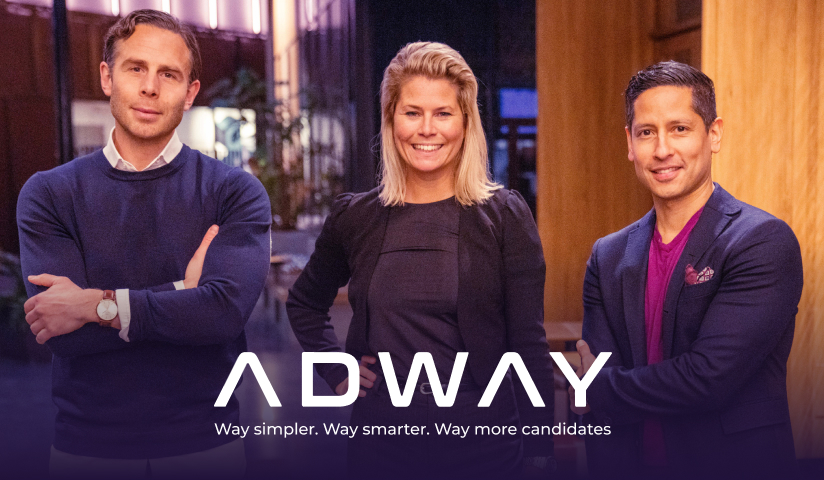TALiNT Partners Insights provides invaluable information that enables businesses to make informed, strategic decisions. Our curated insights are your tools for problem-solving, fostering growth, and achieving success within talent acquisition and staffing.
-
-
-
Featured Stories
- 16/04/2024
- 12/04/2024
- 12/04/2024
- 12/04/2024
- 11/04/2024
-
-
Latest News
- Young people give the public sector their vote of approval16/04/2024
- Navigating the shift: The rise of temporary solutions and skills-based hiring12/04/2024
- Unlocking opportunities: Transforming graduate hiring in an evolving job market12/04/2024
- Unlocking the power of awards12/04/2024
- Australia highlights benefits of hiring veterans in new campaign11/04/2024
- Young people give the public sector their vote of approval
-
-
Audience
About Us
-
Content Types
Regions
-
-
Home Social media












